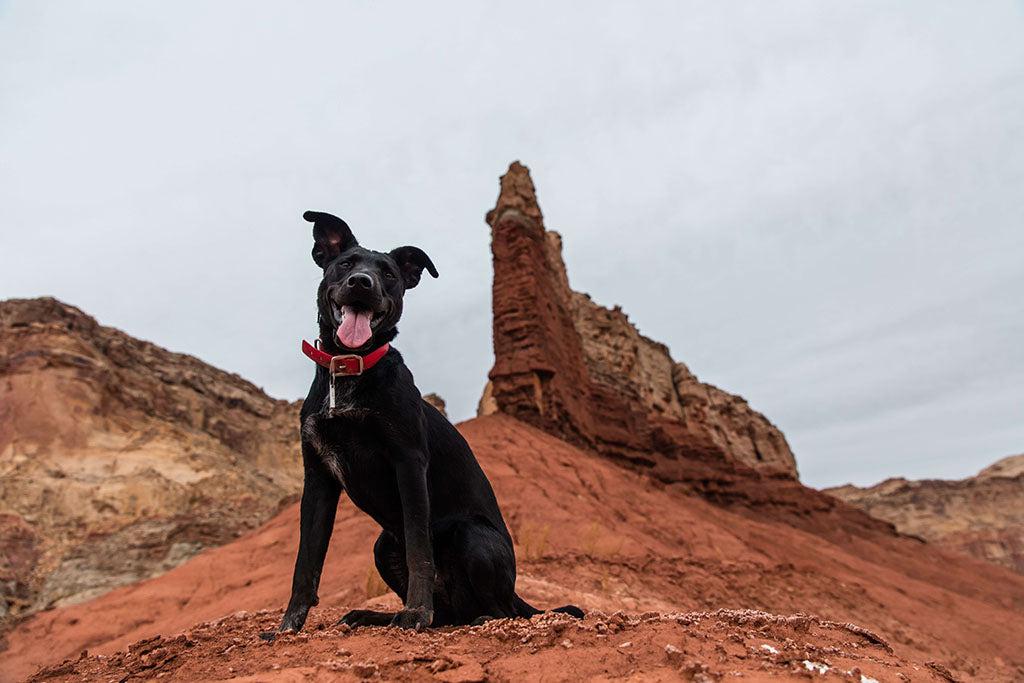In this blog, we’ll discover if dogs have a belly button. We’ll learn what a belly button is, whether a dog has one, and the indications of a hernia in dogs.
Do Dogs Have Belly Buttons?

What Are Belly Buttons?
A belly button (also known as a navel or an umbilicus) is where the umbilical cord was located during gestation in the womb. The umbilical cord starts at the placenta in the mother and enters through the middle area of the belly of the baby and nutrients travel from mother to child through it. When the umbilical cord is cut after birth, it takes a few days for the remainder to fall off naturally by itself. After this, you’re left with a belly button – essentially a scar – that comes in all shapes and sizes.
Do Dogs Have Belly Buttons?
Yes, dogs have belly buttons! All placental mammals (apart from marsupials, like a kangaroo) do! If you’re fed via an umbilical cord when you’re developing in the womb, you’re a placental mammal – which dogs are. A mama dog will either cut the umbilical cord with her teeth after birth or a human may assist. Either way, the pup will be left with a small scar – the belly button.
The belly button on a canine is usually located in the middle of the abdomen, just below a dog’s rib cage where the tufts of hair meet. It often appears as a vertical scar, but can also look like a rosette style scar, an oval, a wrinkle of skin, or even just a slightly darker patch of skin. The belly button on a dog is easier to find on shorter and lighter-haired dogs, and more tricky to locate on very fluffy, dark-haired pooches.

A dog’s belly button is usually more discreet than a human’s – you won’t find an “innie” or an “outie” on a canine. It’s thought this is the case because the umbilical cord is so much smaller for a puppy than a human baby. Dogs typically pay very little attention to their belly button too.
However, if you find a bulge in the navel area of a puppy, or it seems as if it’s sticking out, this can indicate an umbilical hernia which is usually caused by the umbilical cord not being cut cleanly, properly, or correctly. It’s not life-threatening, but it won’t heal properly by itself so a veterinarian should repair it for your pup. If you find a bulge in this area in an older dog, get them looked at by their vet right away to rule out anything sinister.
Hernias can occur in any breed of dog but are most common in Airedale Terriers, Beagles, Pekingese, and Basenjis.
Sources
Author Nelson, Jennifer “Do Dogs Have Belly Buttons?” Southern Living via Yahoo!, Sep. 03 2021 https://sports.yahoo.com/dogs-belly-buttons-170144836.html
“Do Dogs Have Belly Buttons?” Jug Dog https://www.jugdog.co.uk/do-dogs-have-belly-buttons/
 S
S



